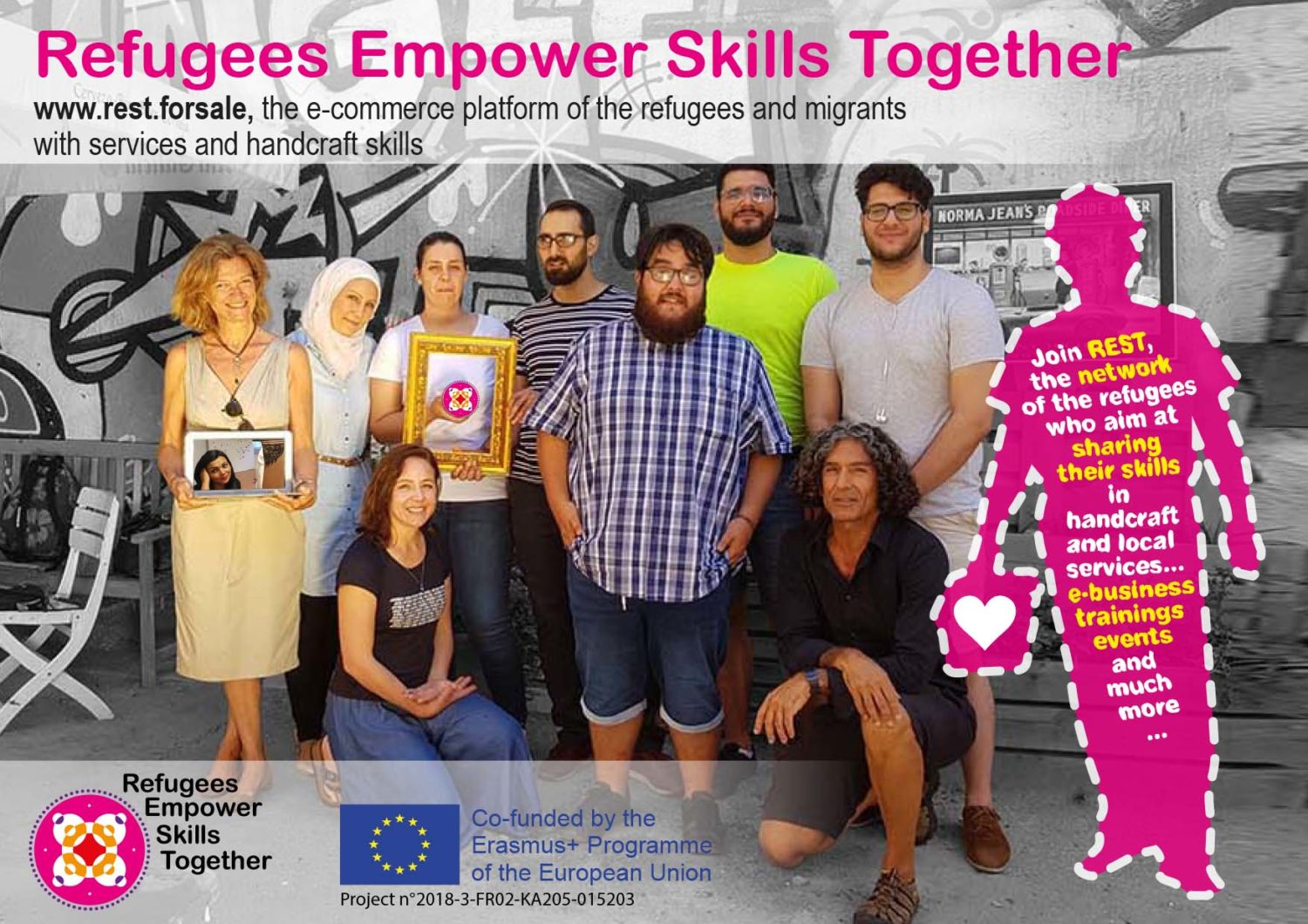https://pdfs.semanticscholar.org/7aba/8ccb4ab15b1675486b98645b718a41aa46aa.pdf
MOOCs and free digital learning (FDL) are among the tools used to respond to the education needs of migrants and refugees in Europe. However, there is little guidance on how to design institutional initiatives and supporting policies in this area. This paper presents the main findings of a study exploring the potential of MOOCs and other FDL offers for the integration, inclusion and further learning of migrants and refugees in Europe and in neighbourhood regions in conflict. The MOOCs4inclusion study was designed and financed by the Joint Research Centre of the European Commission and carried out between July-De-cember 2016. Drawing from a literature review, focus groups with migrant/refu-gee learners in Europe and interviews with representatives of selected FDL initi-atives, the study maps FDL initiatives, proposes a categorisation of them, and assesses both success factors and barriers to achieving the objective of mi-grant/refugee inclusion. Key to success in this area was found to be a combination of ‘targeted’ (aimed at migrants and refugees needs), ’blended’ (mixing online and face-to-face instruction) ’and facilitated’ (offering support services and men-toring) approaches. The study subsequently provides recommendations on how policymakers can support the design of FDL offers for migrants/refugees in the future.
